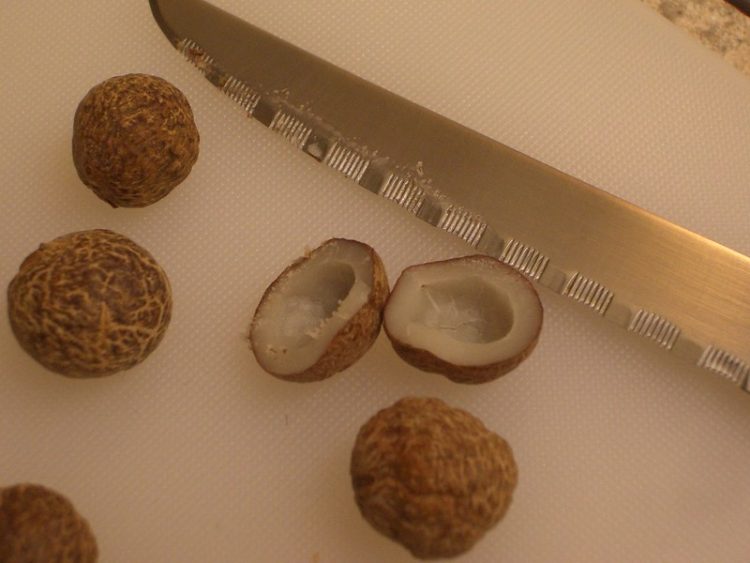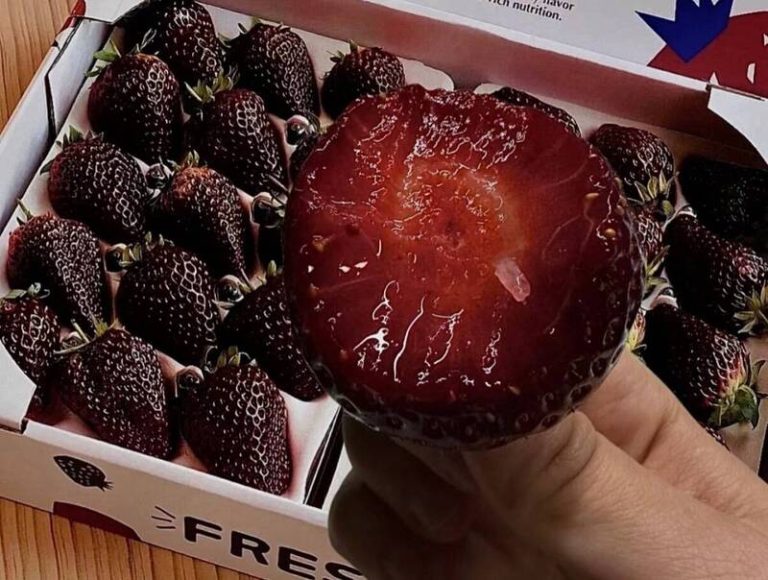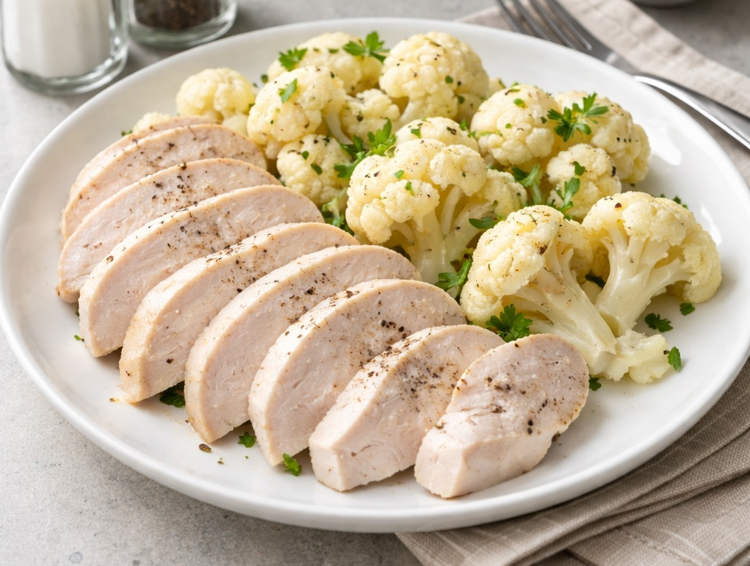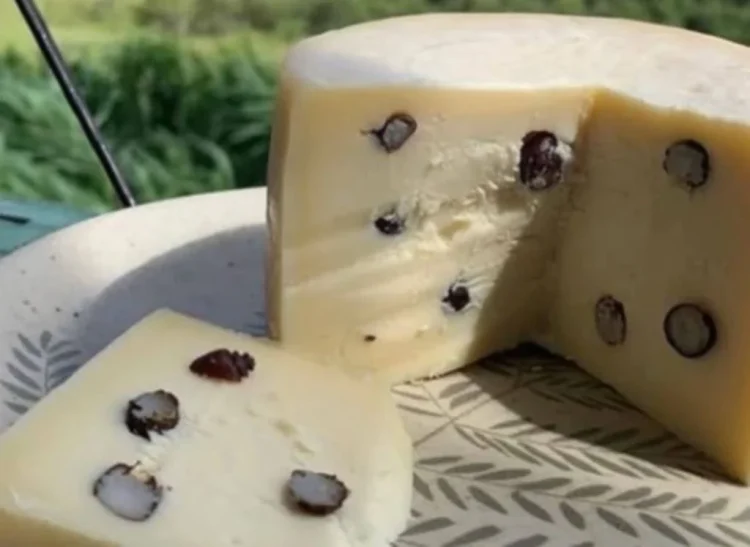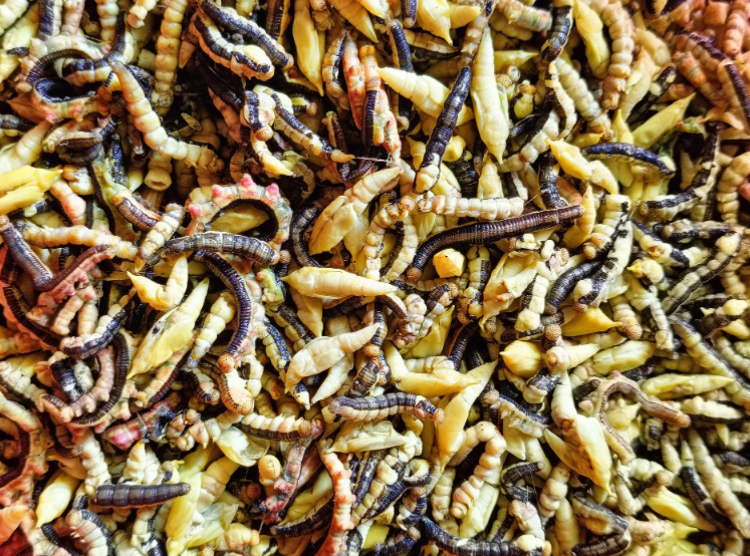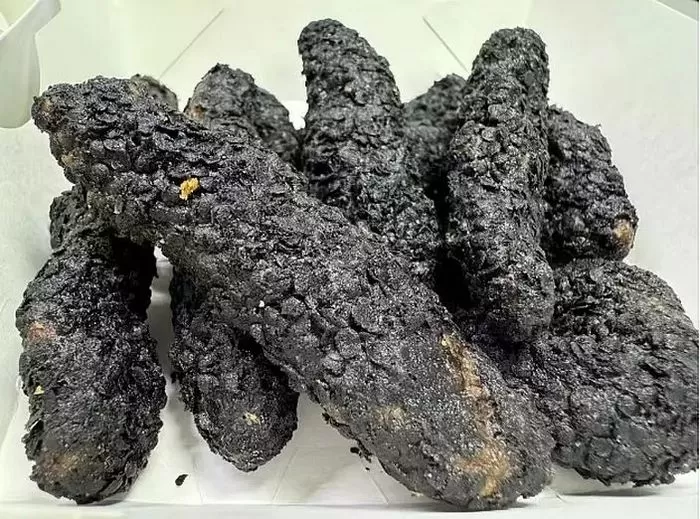Coquitos, also known as pigmy coconuts or dwarf coconuts, are the tiny equivalent of the coconuts we all know (and some of us love).
It’s hard to believe that I spent over three decades on this Earth and only learned that there is such a thing as a tiny, marble-sized coconut, today. Well, it may be common knowledge to a lot of people – especially if you’re from, or have travelled to South America – but it’s definitely news to me, so I thought I’d share it with similarly clueless people like myself. Known as coquitos, these miniature coconuts are the fruit of Jubaea chilensis, a feather-leaved palm native to Chile, and, just like regular coconuts, they have a brown exterior, a white interior with a hollow center, and very similar taste.
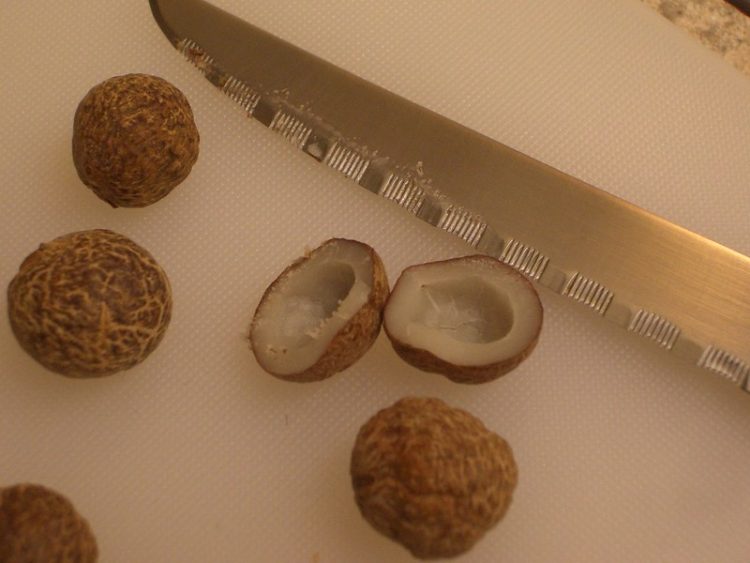
Photo: brionv/Flickr
The Chilean wine palm gets its name from the sugary sap extracted from its trunk, which Chileans use to make wine and syrup. It takes up to fifty years to achieve maturity, and can live from a century, up to a millennium. Of the more than 2,600 known species of palms, Jubaea chilensis is the second most massive, with a thickness at its base that can exceed 2 meters. These are all interesting facts, but not as interesting as the rare fruits of this tree.
View this post on Instagram
The coquito – not to be confused with the Puerto-Rican coquito, a coconut eggnog traditionally served in Puerto Rico – is about the size of a large marble, and, unlike the regular coconut, contains no liquid inside. The taste, however, is very similar.
View this post on Instagram
According to Melissa’s, a Californian produce company that sells coquitos, they taste “of rich coconut with a sweet, nutty taste and have a crunchy texture you’ll love”. They can be eaten whole, although the peel is said to leave an unpleasant aftertaste on the tongue.
View this post on Instagram
A whole coquito can be eaten raw in one bite, but it can also be chopped and added to a variety of foods, including desserts, savory foods, snacks, and drinks.
View this post on Instagram
Coquito nuts grow in the wild in Chile, but can also be found in supermarkets and nut specialty shops. Atlas Obscura reports that, luckily, Melissa’s has started selling coquito nuts online, if you want to try them for yourself, but don’t feel like importing them.

